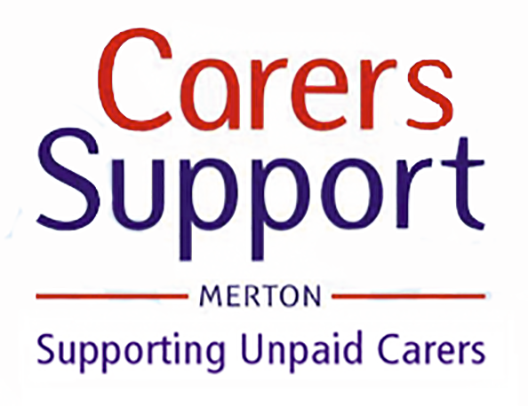In the UK medical care is free. National Insurance contributions go towards benefits like our state pension. However, we are expected to pay for our own social care if we have the means to do so.
The rules about paying for care are complicated.
The person you care for may need to pay for:
- Care at home (also called domiciliary care), or
- Residential or nursing care.
The local council manages social care, but they will only fund this care (in part or in full) if the person qualifies financially.
The contribution to the cost of the care is decided following a financial assessment by Merton Council.
Self-funding
People who are over the savings threshold are considered to be ‘self-funders’ and have to cover the full cost of their care.
Get advice
It is important to get advice about your own personal circumstances. Paying for Care is a free resource which aims to help people make more informed choices regarding funding and arrangements for long-term care. It is funded by Just Group plc.
Do I have to pay towards my partner’s care costs?
If your partner needs care, any savings or assets that belong just to you won’t be taken into account.
However, if you hold savings or assets jointly with your partner – for example cash in a joint savings account – only their share will be considered in the council’s financial assessment.
Local councils will treat you and your partner as having equal shares in the savings or assets unless you can show that you own more or less than half.
Please get good advice if you are considering rearranging your savings, as there is a ‘deprivation of assets’ rule. However, you can take your own share out of a joint account or jointly held assets at any time.
Selling the home
Many Carers worry that their home will be sold to pay for care.
The home of the person needing care won’t count as capital if certain people still live there. They include:
- The husband, wife, partner or civil partner of the cared for people.
- A close relative who is 60 or over, or incapacitated
- A close relative under the age of 16 who they are legally liable to support
- The ex-husband, ex-wife, ex-civil partner or ex-partner of the person needing care, if they are a lone parent.
If none of these apply, the council will take into account the value of the person’s home when calculating their contributions to residential care. They cannot make the person sell their home, but they can make the person pay the full cost of the residential care.
The deferred payment scheme is for those who do not wish to sell their house or who are unable to sell it quickly enough to meet the full cost of their care. A debt will build up, with the house as security.
Equity release refers to a range of products letting you access the equity (cash) tied up in your home if you are older. Step Change has a list of things to think about before releasing equity.
The person needing care can decide to rent out the property and pay the residential care charges from the rental income. However, the rental income is usually not enough to cover the full cost of residential care. It is also important to understand that renting out a property does bring considerable responsibilities.
Financial support
Check that you and the person you care for are receiving all the benefits (link to benefits page) that you are entitled to. These benefits could go towards paying for care at home.
In certain circumstances the NHS may pay towards some care:
- NHS-funded nursing care is when the NHS pays for the nursing care component of nursing home fees. The NHS pays a flat rate directly to the care home to cover the cost of this nursing care.
- Some people with long-term complex health needs qualify for care which is fully funded by the NHS. This is known as NHS continuing healthcare and does not depend on the income, saving or assets a person has. The process of assessing eligibility for NHS continuing healthcare can be complex. An organisation called Beacon gives free independent advice on NHS continuing healthcare.



